Finding Silence in Post-Twitter Life
Should Quakers still be on social media? In this bonus episode, author and professor Wess Daniels talks about why he left Facebook and Twitter, and how he’s encouraging his students to take a step back from the algorithm to explore an age-old Quaker practice: silence.
Subscribe so you don’t miss an episode!
After you listen, tell us what you thought of this episode in the comments below and check out the transcript for discussion questions!
Download the transcript and discussion questions.
Discussion questions:
- Speaking about social media platforms, Wess Daniels says, “I don’t think they’re neutral.” How does that statement sit with you and your experience of social media?
- Wess talks about silence as a method of resistance. What could that look like in your life?
Georgia
Hey everyone! Georgia here with a special bonus episode. As promised, I’m back in your feed to share some stories in between seasons 1 and 2.
And today I’m bringing you a continuation of a thread we explored throughout season 1 — how Friends interact in online spaces. Today, I’m sharing an interview with Wess Daniels, who has some really rich things to say about how Quakers think about and interface with social media.
Wess Daniels is an author and a professor at Guilford College and you may remember hearing from him on our very first episode — “Who Are Modern Quakers?”
I spoke to him again for our episode about Online Quaker Communities — where we talked about Twitter and Mastadon and Reddit and some other stuff, but we ran out of space to include this interview, so I’m really excited to share portions of it with you today.
Wess has really thought about how social media is influencing us. As these platforms commodify users, Wess has become increasingly uneasy with the ethics of participating in social media and in fact, he suggests that not using them is an act of resistance that Quakers need to consider.
Here is our conversation:
[music]
Wess Daniels
I think that there is work for Friends to do, at least, at least at the community level, at least at the monthly meeting level, in terms of thinking about what this looks like for us and how do we want to be online as a meeting and how how is it impacting our lives in our children’s lives cause it is.
Georgia
One thing to know about Wess is that he’s been in the social media space for some 23 years.
Wess
I started a Xanga blog in like 2000, 2001.
Georgia
He was a youth pastor at the time and some of the kids in his youth group were also blogging. Wess stuck with it through years of higher education, earning a masters and a PhD…though he’s not still blogging on Xanga.
Wess
The blog or website became really a place for me to write out what I was working on in school. I really found it a perfect place to practice writing. I mean there wasn’t that many people reading my blog, so it was a place where I could kind of experiment. And mostly, you know, people gave really positive feedback and, and out of that community started to develop.
Georgia
As this online community of Friends grew, Wess was introduced to other branches of Quakerism, finding commonalities that he didn’t know existed.
Wess
I saw it as a way of like, you know, where were all of these different branches, and Quakerism had kind of built up into these silos, blogs and then social media in a way were kind of like flying underneath the silos was a way to sort of like burrow connections down underneath all of these sorts of blockades in a way to relationship.
Georgia
Some friendships in that community moved offline for Wess, but they also expanded online with the emergence of a then-new social network called Twitter.
So when did you join Twitter and what kind of what was the community like there?
Wess
It was early, you know, it was still like, you were getting SMS updates, and you know, things like that, which is pretty, pretty amazing. And it was, it was an extension of blogging, for sure. I mean, it was very much, a lot of the same people who had blogs who were very active online, we all jumped onto Twitter and started interacting with each other there, sharing, posting links to the blogs that we’d written or blog posts that we’d written, sharing stuff that other people have written retweeting that, and kind of amplifying each other’s messages a little bit more, which was kind of a cool, you know, a cool new thing that you could do at the time. Yeah, and really trying to use Twitter for what I think the original intention was, which was to, you know, microblog and build connections with people.
Georgia
As we learned on our Online Quaker Communities episode, there were Friends on Twitter who started looking out for Quaker references. They answered questions about Quaker faith and practice, and connected seekers with meetings and other resources.
Wess
I think probably in some ways, the Quaker tradition lends itself to, you know, as early Friends called it, publishers of truth. And then you have something like Twitter come where the that community and that population’s already present. And so it didn’t take much to make the jump to Twitter.
I would say up until Elon Musk really that it was a pretty robust space.
[music]
Georgia
A lot of Quakers, a lot of people in general, left Twitter in the wake of the Elon Musk takeover, mass layoffs, etc. These were big reasons why Wess also decided to stop using Twitter, now known as X. He’d already left Facebook.
Wess
I’d been feeling uncomfortable for quite some time in my participation on Facebook. When I start to think about the organization, Facebook as an organization, it doesn’t align with any of my commitments. I don’t have to be on here. I, you know, this is, this is not a place that I’m like, required to be, and so I just deactivated my account.
It did take me time. I mean, I thought about that for three years before I did it. Honestly, like, I haven’t missed it for a second. I haven’t even thought about it that much, really. I was already kind of a Twitter fan anyways, not that Twitter was like, like, completely ethical or anything, but I felt like I felt like I felt better about the way that it was going for the most part. I realize as I’m saying all this, that seems a little naive now, but I am somebody who tries to pay attention to those things. I mean, you know, I, I’m not going to go into all of it, but there are there are services I just won’t use or I will really try to not use them because I don’t like what they stand for or what they’re about it from a technology standpoint. There’s no pure place. There’s no pure ethical place to stand in capitalism. I know this.
Anyways, if I learn of something that is really egregious or you know, something comes to light that I just I feel like doesn’t really match with my own ethical values commitments then I start to explore what it means for me to not be on that or not use it.
Georgia
Wess found that algorithm-based, ad-driven platforms were becoming increasingly unrecognizable from the Facebook and Twitter that he’d signed up for in the early oughts.
And that’s something I think a lot of us can probably relate with. Personally, I feel that I was sort of lulled into this current era of social media as slowly more and more ads began to takeover my Instagram feed. I used to be able to see everything in chronological order, now I feel like I am wrestling with the platform to access the posts I’m actually interested in.
Wess
I mean, it’s primarily an advertising engine with like, the sheen of building community and like microblogging. But the algorithms were getting to be too, too powerful and too, like, you know, important to the business model, so I started kind of thinking about what, what does life look like after these things. And it was like, well, I want to build an email list and keep writing, you know, and if these things go away, I’ll at least be able to continue to write and connect with folks. So I started to started to do a newsletter in 2020 as a kind of exit strategy.
Georgia
Wess left Twitter shortly after Elon began making his controversial changes.
Wess
I think with the downfall of Twitter, you lost, you lost the sort of the beauty of like, this really large public square, or at least, you know, ideally. And all of these other platforms are great, and I really like what Mastodon is about, but it just doesn’t have, it doesn’t have the same juice or vibe for me.
Georgia
But Wess hasn’t deleted his account.
Wess
I’ve been really unsure about deactivating my account, because I don’t trust that, like, my data will be deleted. And I really hate to find out in three months that my handle got recycled and is being used by someone else. I feel kind of stuck and unsure of like, what is the right thing to do. Like, other than just not use it or limit my use of it. So I don’t so I don’t know, what to do about that part.
Georgia
Ok, that was something I had never considered before and it gives me the creeps, honestly.
Anyway, while we may know what we want to get out of social media, the people who run the platforms have very different goals.
Wess
A couple of years ago one of my one of my children was dealing with an eating disorder. And this was right after there was a big sort of tell all in the news about how Instagram was targeting young girls with weight loss ads and weight loss video was, and like, how billions of dollars were being poured into that, you know, data and information about how that was impacting.
You know, I think the focus was primarily female identified people. Here’s something that’s harmless. I mean, you know, they’re just following friends from school and posting pictures. And, you know, I can see the ads, but not buy them. That might be true for for you and I. That may not be true for a 13 year old, a 14 year old, 15 year old. I mean and I’m not so sure that it doesn’t impact me. And it doesn’t impact the way that I feel about what I have and what I don’t have and, you know. Am I posting enough, you know, about the things I care about, so that people know what I care about? You know, I mean, there’s, there’s so many pieces that come in into the way that these sites shape, identity, or put pressure on us as people and and do have an impact. I don’t think they’re neutral. I especially don’t think they’re neutral, especially now because I do think we’re kind of post social media.
I think we’re sort of like in the era of algorithm-based platforms with the sheen of social connection. Those algorithms that are being just designed and engineered by actual people are being designed and engineered for a specific purpose. It’s not to help you find the most like, true information and like, or like whatever fits your particular ethical standpoints or whatever, it’s to sell you something. It’s to make them money.
We can kind of bend them now a little bit to get something out of it that we want. But there’s there’s a price to pay.
Georgia
So what should the Quaker response be to what’s happening on all of these social media platforms? I asked that question of Wess.
Wess
I think that there will always be Friends who feel called to be in places that you most Quakers don’t want to be, maybe shouldn’t be. But that doesn’t take away from the people who do feel called there. You know, I, I think both of those things can be true. I can say for myself that I don’t feel that way. You know, I, I feel like my work is, is not to, like, try to engage with people on Twitter and connect with them and bring them a Quaker voice. I mean, and I know, there are people who are doing that, and that’s awesome. And I have zero issue with that.
Georgia
But Wess has gone back to his roots.
Wess
Through all of this, I realized, you know, what, actually, blogs are great. I control everything about my blog. And no one’s making profit off of my content. Once I publish it, it doesn’t become someone else’s content. Yeah. So I just, I just really dug back into my blog and started to write there again, and build that out and my newsletter, and realize that’s fine. That’s, that’s all I need. And at this point in my life.
Georgia
Wess has a suggestion for social media users, one that Quakers will be familiar with: silence. He even teaches a class on it at Guilford College.
Wess
It’s called “The Practice of Silence.” It occurred to me that we’re, we’re struggling as, certainly, as I would say, you know, younger people coming out of the, the pandemic, dealing with a lot of anxiety, dealing with a lot of mental health issues.
So we have every class we practice silence, and then we we’re reading various, you know, some Quaker stuff, some other, you know, things around mindfulness, some things around neuroscience, and basically talking about what does it look like for us to build a capacity for silence? What does it mean for us to kind of exercise that, that, that muscle, to not be afraid to be bored? Like to literally just like, have everything kind of let our minds wander without having input constantly? How could that shape us and help us to be to feel better, to be able to focus better, those kinds of things? So this is sort of the test of the class. And the secret, the secret title of the class is “boredom as a superpower” and sort of thinking about like, can we get back to a place where we can kind of shut these things off.
And be able to be present with ourselves and with one another, with the Spirit. And I think being able to do that, especially right now, especially when technology or devices, the platforms we’re on are just like, the last thing that any of those things want us to do is set them down and turn them off and be quiet for a minute. And so the ability to actually be able to do that is a practice of resistance.
[music]
And so So I think that that is, in a way the answer, these things aren’t going to go away. We’re not ever going to be able to keep up with what are the ethical choices on all of the things all of the time. And so I think continuing to develop tools and practices that help us resist and be able to like create a little bit of space to see where these things are impacting me personally, my children, my family, my meeting my community, my students, whoever that is, I think that is I think that’s a direction — the direction that I’m certainly trying to work on for myself.
Georgia
Thanks for listening to our special bonus episode with Wess Daniels. You can learn more about Wess, find a link to his website and newsletter and get a transcript of this episode, complete with discussion questions on our episode page. Find that at QuakerPodcast.com.
We’d love to know what you think about Wess’s perspective on social media and how you’ve felt led to use or not use social media. Is this a conversation you’ve had with your meeting? Let us know in the comments on our episode page.
So, we are busy working on Season 2 and we’d really appreciate your support of the podcast. Thee Quaker Podcast is part of Thee Quaker Project, a nonprofit media organization dedicated to telling stories of spiritual courage and exploring what it means to be a Quaker in the 21st century.
We would love it if you would consider becoming a patron. With $5, $10, $20, or $50 a month you can help our project become sustainable in the long term.
You can go to TheeQuaker.org to learn more about becoming a supporter. Thank you so much for your consideration and I look forward to being back soon with another mini-episode.
Recorded and edited by Georgia Sparling
Original music and sound design by Jon Watts (Listen to more of Jon’s music here.)
Mixing and mastering by Studio D.
Supported by listeners like you (thank you!!)
Image by Freepik.
Referenced in this episode:
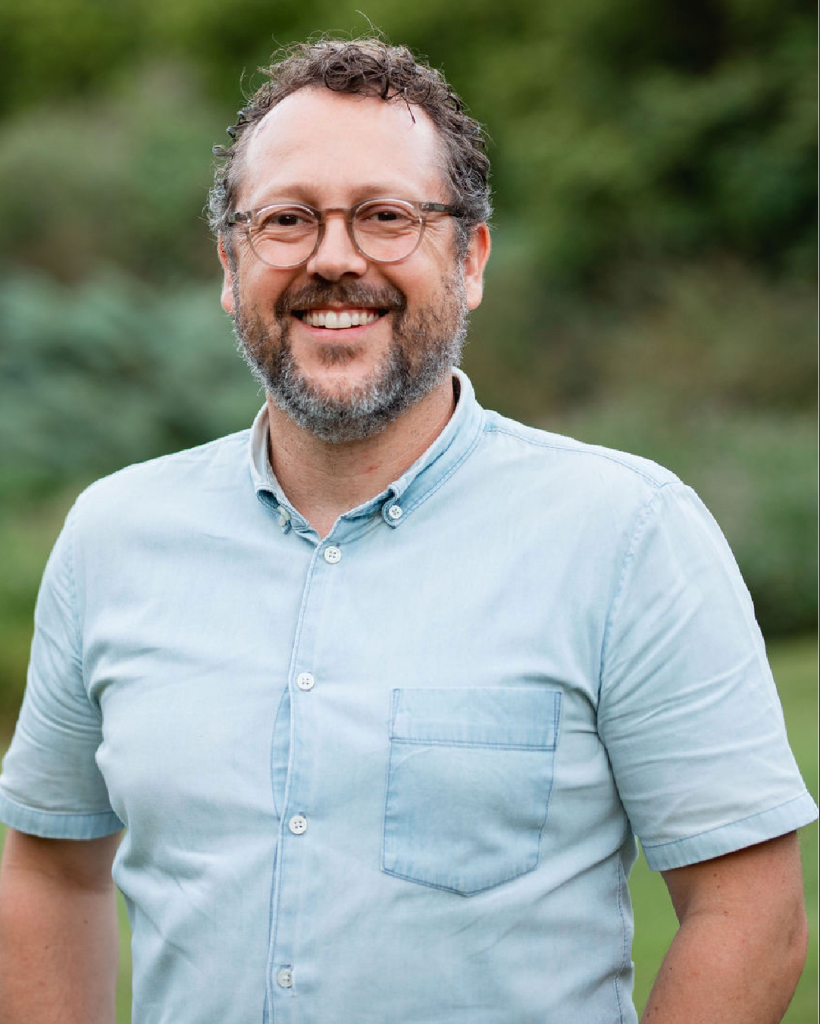
- Visit Wess Daniels’s blog Gathering in Light where you can also sign up for his newsletter.
- Hear more from Wess on our episode “Who Are Modern Quakers?”
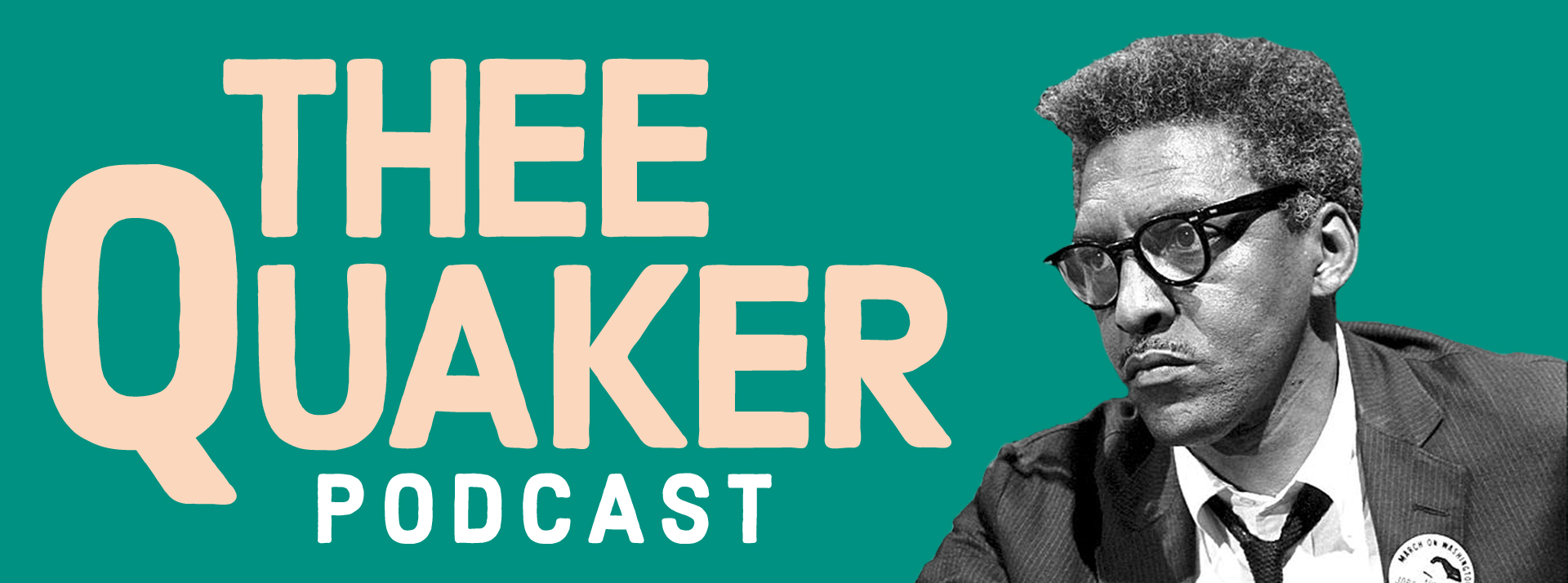

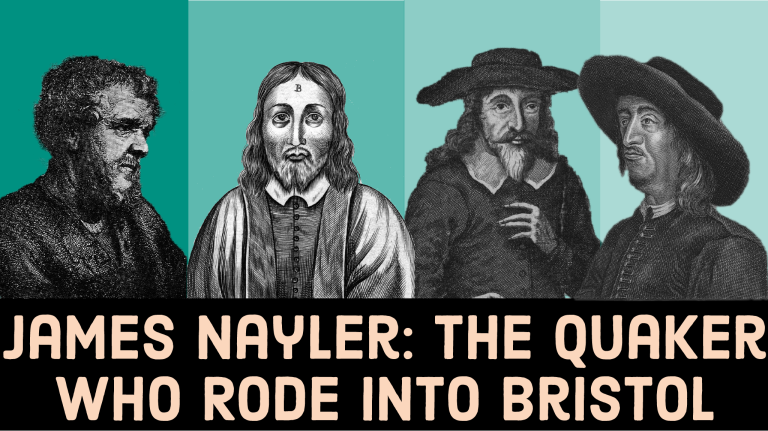
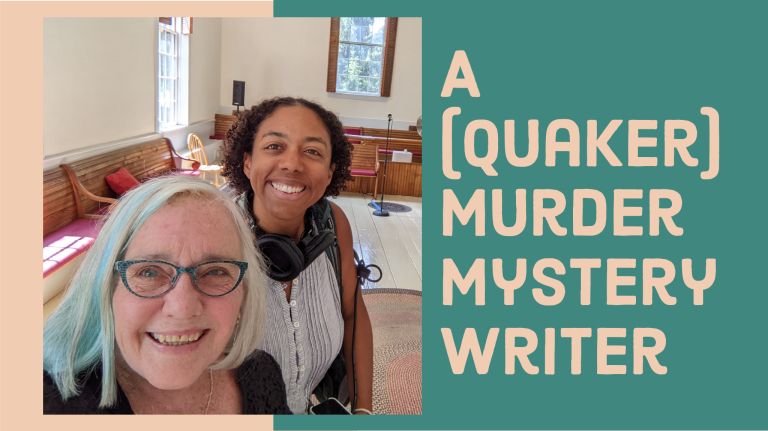
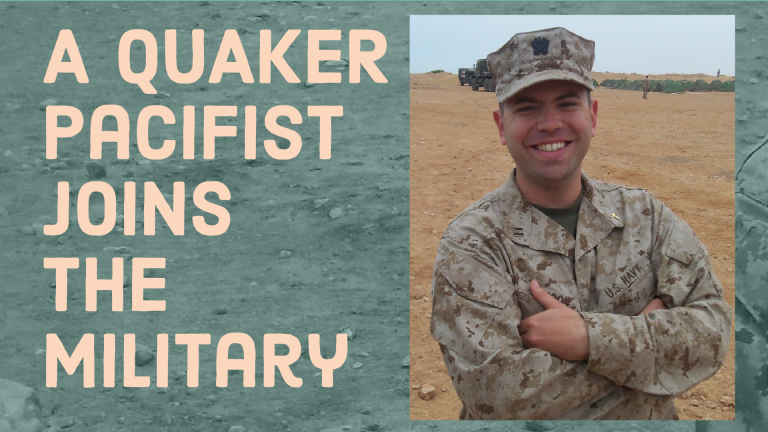
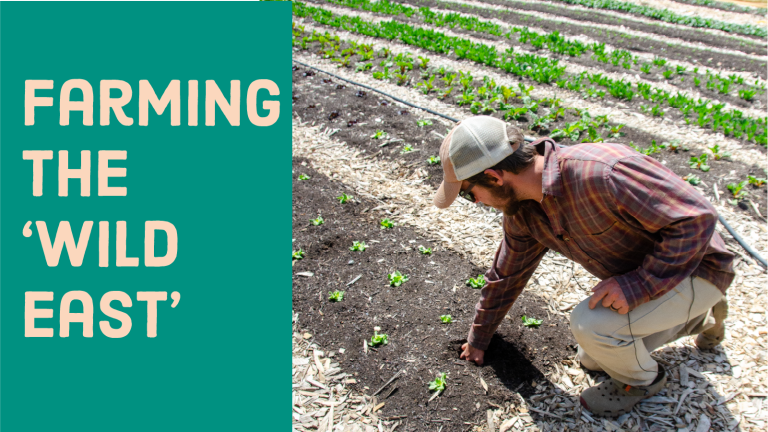
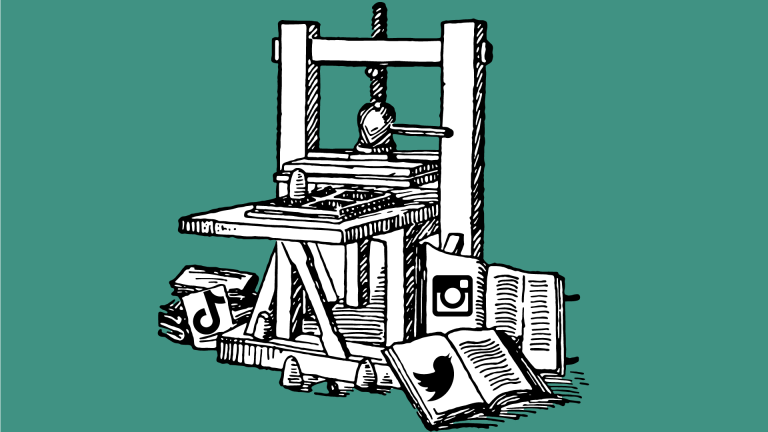
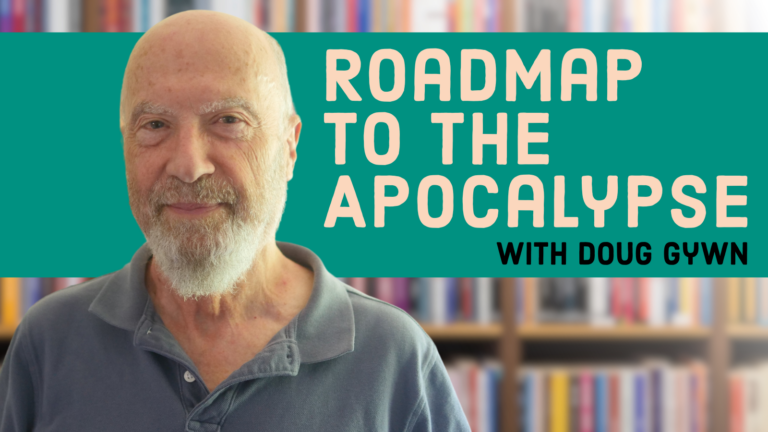
I appreciate the comments / suggestions made by Wess. While I too ‘fear’ the algorithms and the upcoming AI influences, platforms like Meta (Facebook) help me to find good sites such as TheeQuaker. If we remove ourselves from social media, how do we learn of these ‘rich-in-content’ new sites such as your own?
I enjoyed this episode! It has many implications for Quakers as individuals and their personal participation in social media.
However, social media seems to have moved beyond the personal to the institutional communication level. Meetings using social media perform public outreach–locally, nationally, and internationally–in being where people are–engaging with the public, other Meetings, and Quakers using platforms to engage with millions around the world. Social media, for our Meeting as an institution, seeks to engage with the broader community as well as our own despite the capitalistic and monetization roots of these platforms.
Similar to the printing press and pamphlets, Quakers engaging in quick and easy publishing tools such as social media continues the tradition that C. Wess Daniels refers to as Quakers being”publishers of Truth.” Yet, it should be said that numbers of engagement on these platforms continue to drop as users move elsewhere or seek shelter offline. Will Quaker institutions leave these platforms to return to communities “over the garden wall” again? As Daniels asks, “what is the exit strategy?” Indeed.
If you can find them anywhere, I’d suggest you use your non-Twitter time reading two books: Cybernetics and Man and the Machine. Every awful thing that social media has become was designed nearly 100 years ago. I’ve never used any of them and it’s like I’ve lived a parallel existence of real fulfillment with none of the drama for some 15 years now. The entire model is to keep you trapped in self reinforcing feedback loops that narrow your point of view and drive you to tribalism over things you don’t even believe, but feel beholden to as a sort of group loyalty. You will almost certainly refuse to believe it’s happening to you but that’s the very proof that it is. If Wess believes himself to be ‘social media savvy’ yet simultaneously doesn’t know this, while being unable to completely separate himself from Twitter, then I’m sorry but he’s just another victim, void of any real self awareness. There is no mystery as to what social medias ultimate ends are. They are clear and documented. If you ever even actually read their T&C it would be very clear. But who has time to waste understanding the full reality of what they’re getting into when they’re hellbent on telling people they don’t know what to believe about the current contrived narrative? Nothing about that is you being your best, self aware self, capable of rational determinations of what is in your best interest. In fact if you think Twitter factors into that at all then you are sadly lost. It’s Stockholm Syndrome writ large and you’re all afflicted, sorry.